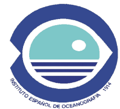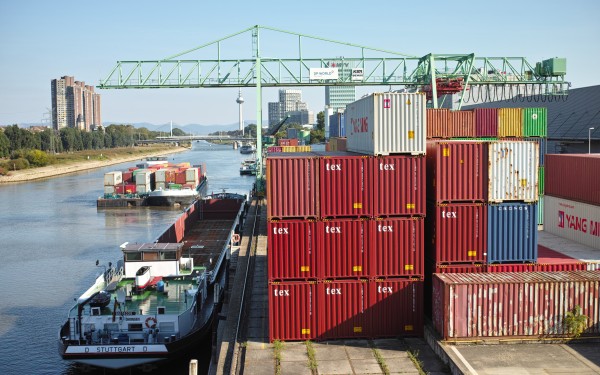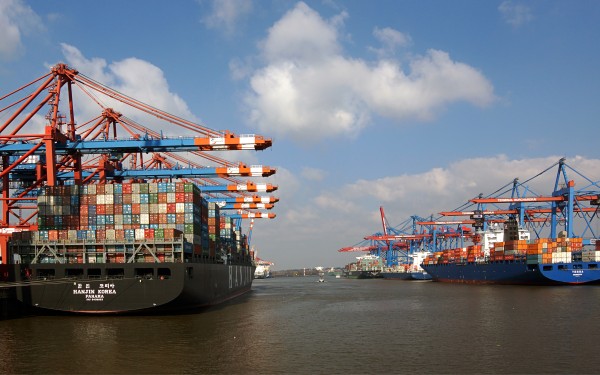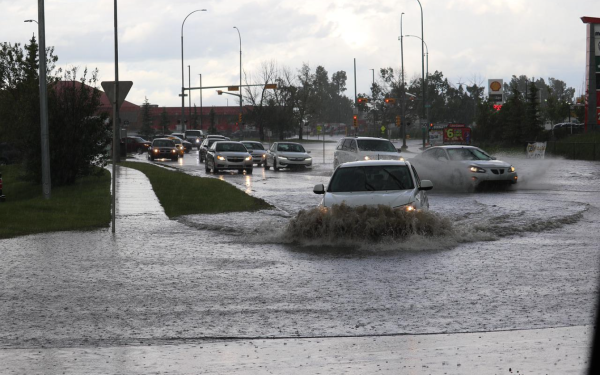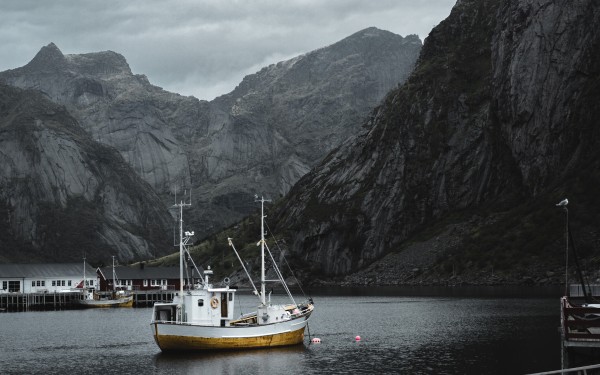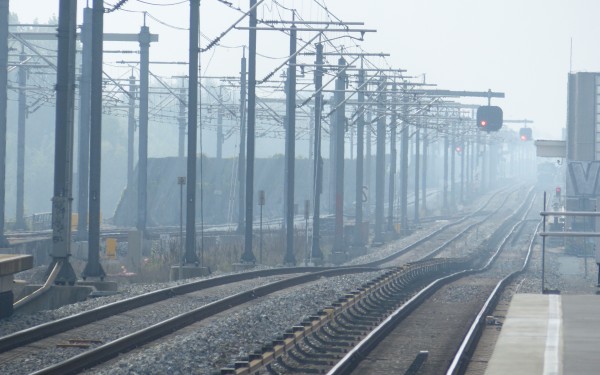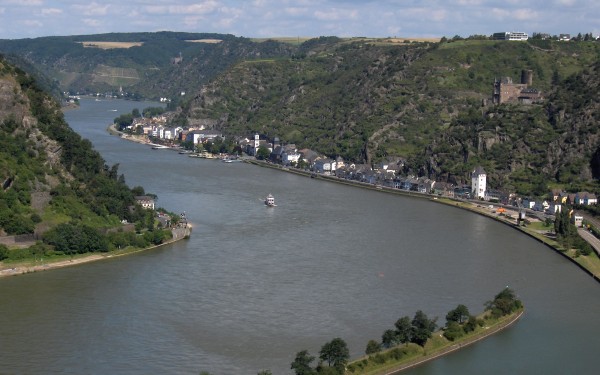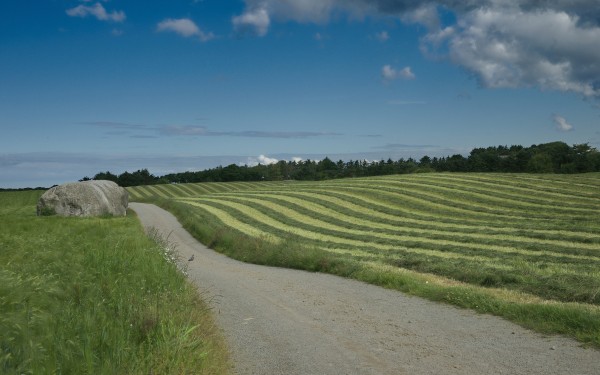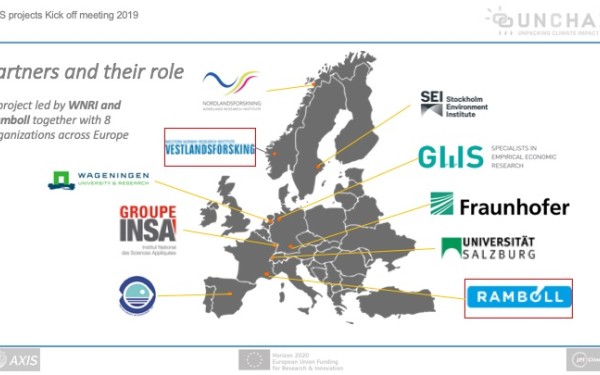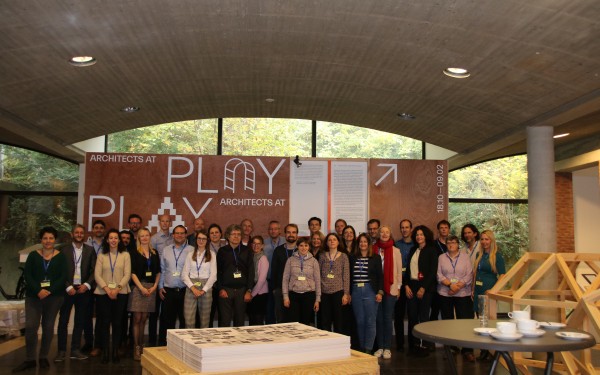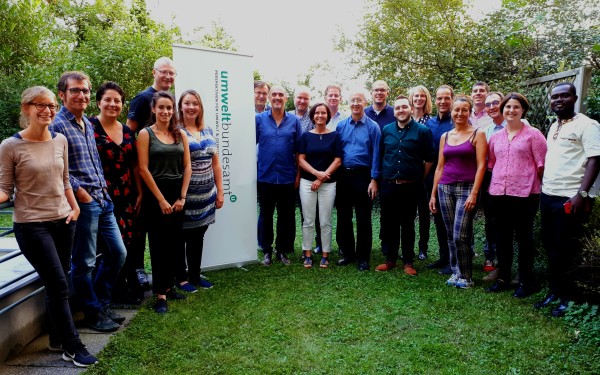Unpacking climate impact CHAINs. A new generation of action – and user-oriented climate change risk assessments (UNCHAIN)

The project is led by Vestlandsforsking and is a cooperation between 10 research partners (see logo with link below). The project lead team is presented at the right. For additional team members go to the link for each research partner (logos below).
Planning climate change adaptation requires a rigorous and shared scientific knowledge base which must be translated into local practical and actionable knowledge on climate risks and adaptation options. Therefore, a constructive dialogue between researchers and stakeholders is at the core of this project. The project will take as reference point the concept impact chain. This concept focuses on identifying and describing important links between the different components of climate risks. Then indicators are selected for each of these components, and the data collected are normalized before being aggregated with different weights.
For more information about the method check: "Climate Risk Assessment for Ecosystem-based Adaptation"
This project will further develop the approach by introducing six methodological innovations.
- To cover also the possible need for long-term and large-scale efforts of societal transformation
- To refine a structured method of co-production of knowledge and integrate this into impact modelling
- To develop and test an applicable framework for analyzing how societal change can affect local climate change vulnerabilities
- To develop and test a standardized analytical framework for addressing uncertainties involved in local decision-making on climate change adaptation.
- To include the trans-national impacts of climate change
- To link mitigation and adaptation in climate risk and vulnerability assessments
At the core of the project are 11 different cases in the 7 countries. The Norwegian cases concerns climate risk for the agriculture sector in Klepp municipality, regional climate analysis in Rogaland, and fish farming in Northern Norway. Other case studies address climate risk in connection with train infrastructure in the Netherlands, water hazards in Sweden, business along the Rhine in Germany, critical infrastructure in Germany, and southern tourism in Balearic Islands in Spain.
The project is funded through a collaboration between the EU funding mechanisms "Joint Programming Initiative" (JPI) and "Assessment of Cross (X)-sectoral climate impacts and pathways for Sustainable transformation" (AXIS).
See complete description from the project application.
Case studies
Case 1: Potential risk of loss of tourism comfort and destination attractiveness do to climate change
Case 2: Economic effects of adapting critical infrastructure
Case 3: Economic effects of adapting critical infrastructure (sea port and inland water transport)
Case 5: Agricultural drought in the light of Climate Change
Case 6: Adapting to multiple water hazards in Sweden
Case 7: Securing sustainable food production in Northern Norway under the auspices of climatic changes
Case 8 a: Climate change impacts on financial investment portfolios in the Netherlands
Case 8 b: Risks and impacts of climate change on railway infrastructure
Case 9: Sensibilities and vulnerabilities of small and medium enterprises in the Upper Rhine Region
Partners
 |
